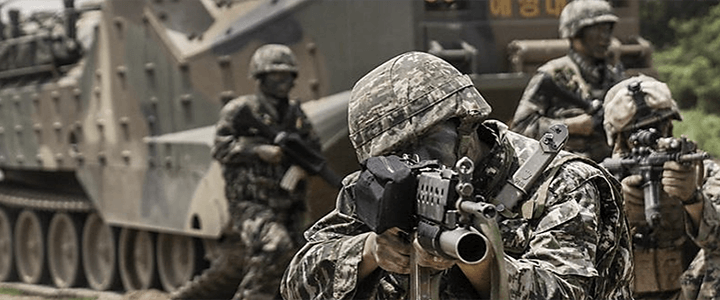In a recent four-part series we discussed how to use crosswalks as a method of determining what civilian career field you may be qualified for based on the job(s) you held in the military – your Military Occupation Specialty (MOS). More education may or may not be required to better position you for your “dream job”.
Sometimes to span that education gap means getting a degree in a chosen field to round out or enhance the training or skill requirements of the job. In other fields, all that may be needed to fill the gap is a license, certificate or certification required either by the industry itself or by a governmental agency at federal, state or local level.
These skill requirements fall under an umbrella called credentialing. In the past, credentialing normally applied to certain career fields, such as computers and healthcare, but now credentialing is available for dozens of jobs in other fields.
One program open to all military members, (except the Coast Guard) worth exploring is called Credentialing Opportunities On-Line or COOL. It acts as a bridge between what you know based on held MOSs and what you need to know to fulfill a credentialing requirement of a similar civilian job. The Coast Guard has their own Mariner Credentialing program.
Just how big is credentialing? In a recent analysis, 84 percent of Army MOSs alone had credentials that directly applied to civilian jobs. Credentialing is a tool in your job search toolkit that can help you get employed quicker in the civilian world.
Using the COOL Website
Let’s say you are a Food Service Specialist in the Marines and you want to work as a food safety inspector once out of the military. From the Marine COOL Website, select Food Service Specialist from the MOS title drop-down box and click GO.
Out of the National Certifications List on the next screen, we see the Certified Professional Food Safety (CP-FS) certification is managed by the National Environmental Health Association (NEHA), qualifies for COOL and GI Bill funding and is accredited by the American National Standards Institute (ANSI).
From here, active duty Marines must see their Installation Education Service Officer to select a eligibility “track,” get COOL funding approved if eligible, and to arrange to take the required credentialing exam. The easiest way to meet the eligibility requirement is to have a bachelor’s degree from one of the universities recognized by the NEHA. Active duty members can use their branch’s tuition assistance program to get most of their degree paid for while serving.
Veterans and selected reservists must pay the $490 certification costs up front, but can use their remaining unused GI Bill entitlement to receive reimbursement for exam and mandatory fees. Submit VA Form 22-0803 with the required documentation.
Once the CP-FS certification is issued, 24 hours of continuing education is required every two years, along with credentialing renewal to keep the credential valid.


